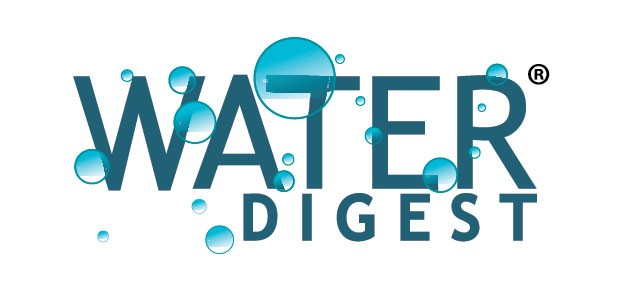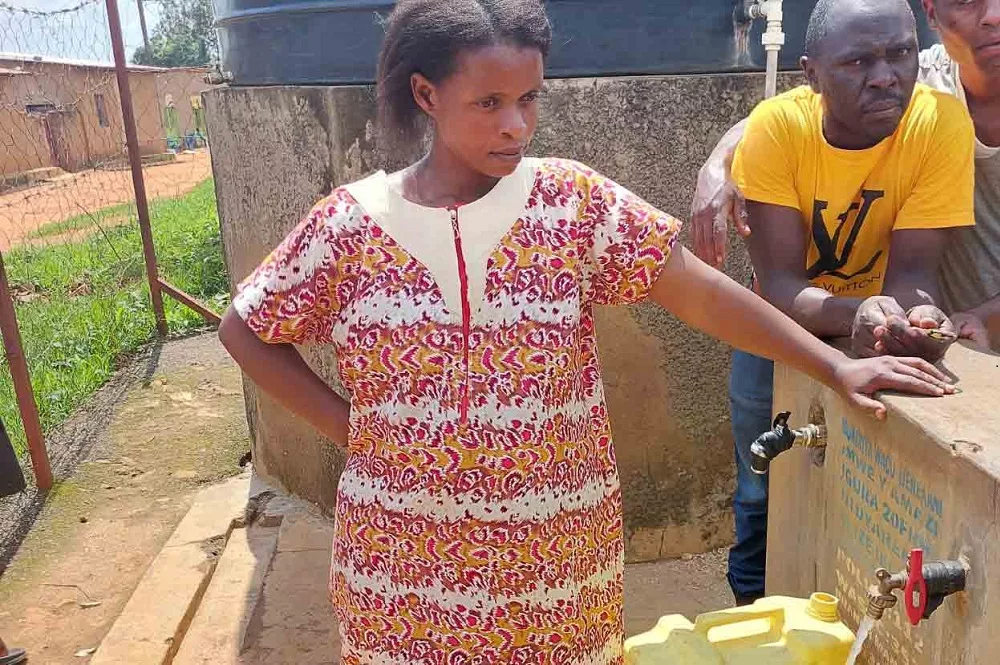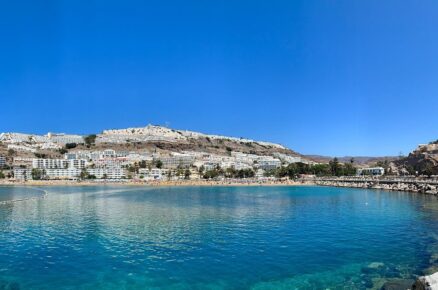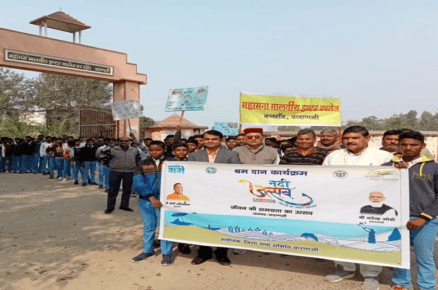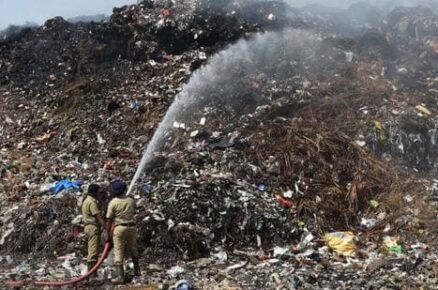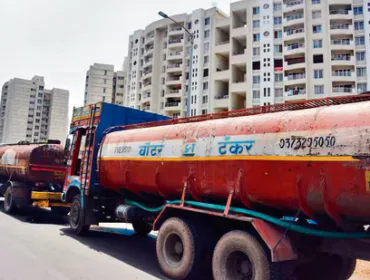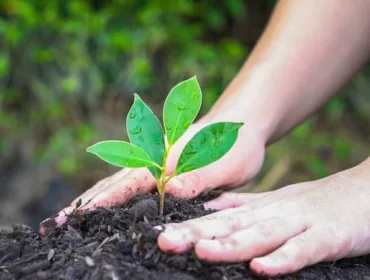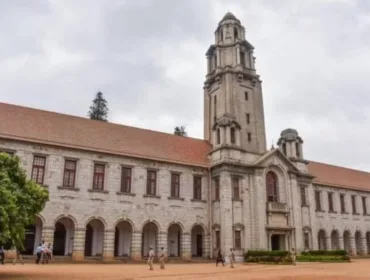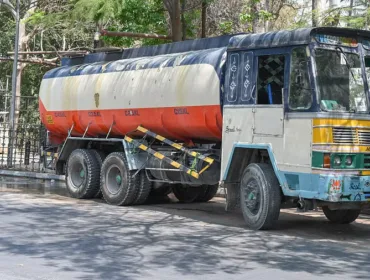Producing 40,000 cubic metres of water daily, the Kigali Bulk Water Supply Project has increased access and improved water services for around 500,000 people in the region.
WD News: Esther Mukantwali of Rwangara Village in Bugesera District, about 18 km south of Rwanda’s capital Kigali, used to wake up at 3 in the morning to trek for an hour to fetch water from a swamp.
The story is the same for 18-year-old Umuhoza Francine, who lives four km further in Nyagatovu village, also in Bugesera District. She trekked for over two hours to get to the source of her village’s water. That meant she got to school late and exhausted.
“It got worse during the dry season because the swamp would dry up, forcing us to walk even further – up to three hours – to get to the next water source,” she said.
The story is different now. Mukantwali and Francine’s lives have been transformed thanks to an African Development Bank-funded public-private water project that brought clean water as close as five minutes from their homes.
Mukantwali, Francine, and other residents of their villages pay a small fee weekly of about 300 Rwandan Francs (37 US cents) for facility maintenance. The manager of the water point in Rwangara village, Esperance Mukandenezo, says the facility has improved sanitation in the area.
“We used to have many cases of waterborne diseases because the water sources then were contaminated,” she said. “Now, the situation has greatly improved, thanks to the Kigali Bulk Water Supply Project.”
The Kigali Bulk Water Supply Project was the Bank’s first private-sector operation in Rwanda. The project which was completed in 2021, covered the installation of a new water treatment plant, building new wells, and rehabilitating existing ones. It also provided pipelines, storage reservoirs, pumping stations, and water points in various parts of Kigali.
Kigali Bulk Water Supply Project also serves the country’s largest industrial zone, the Kigali Prime Economic Zone, located in Masoro, Gasabo District. It was implemented by the Water and Sanitation Corporation (WASAC), the national water and sanitation utility, which, previously, could only produce 109,500m3 against Kigali’s average demand of 150,000 to 200,000m daily.
According to the National Strategy for Transformation 2017-2024, the government seeks to scale up access to water to 100% by 2024 from the current 86%. With the support of the Bank, Rwanda appears to be on course to achieving the objective.
Source & image courtesy: AfDB
